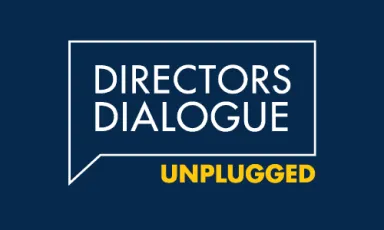Upcoming Events
The Raj & Kamla Gupta Governance Institute is now accepting papers for the 19th Annual Corporate Governance Conference.
Connect with Us
Thank for your interest in the Raj & Kamla Gupta Governance Institute. We look forward to connecting with you.




